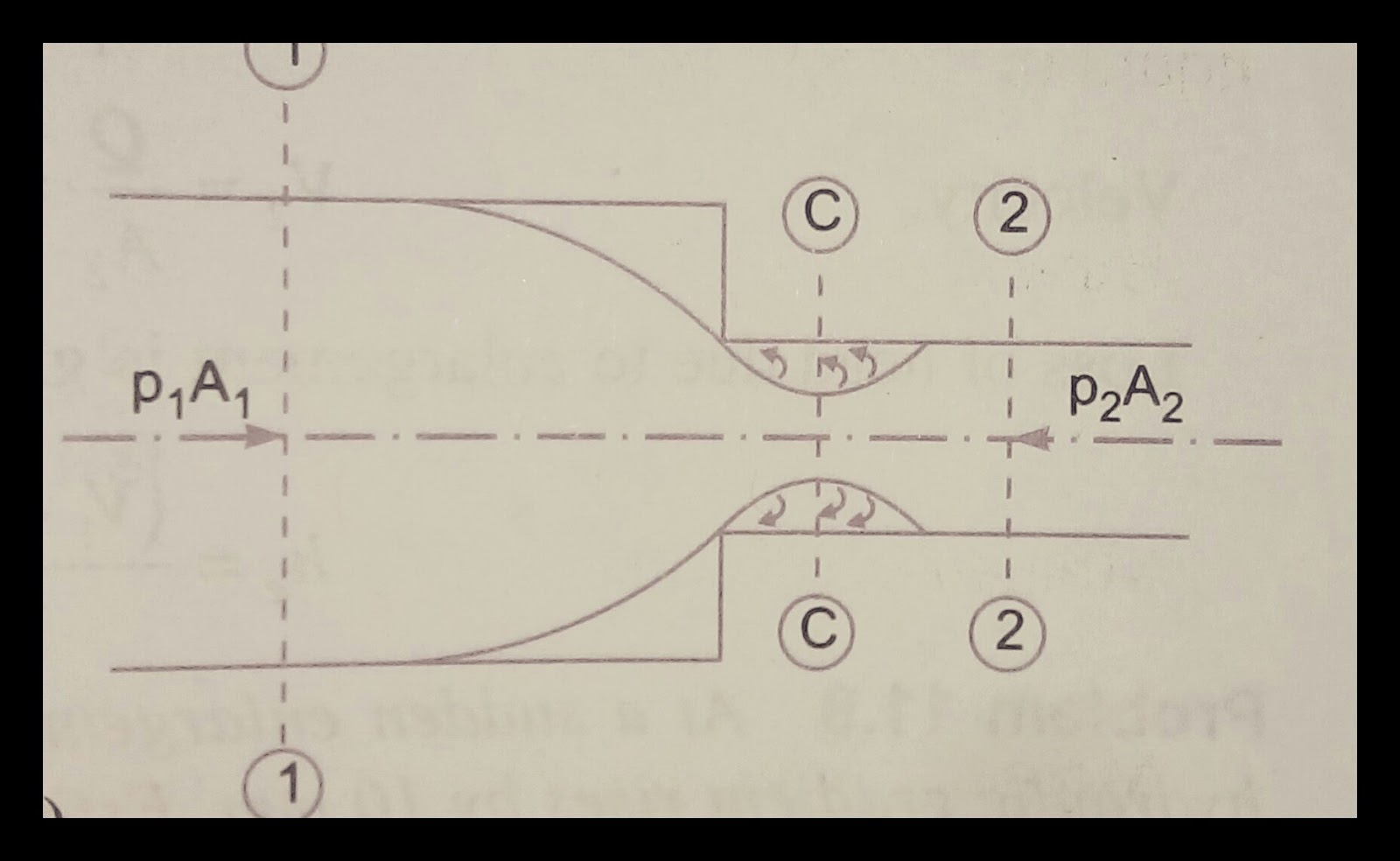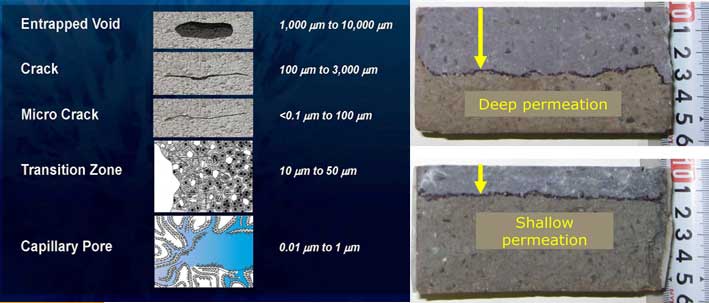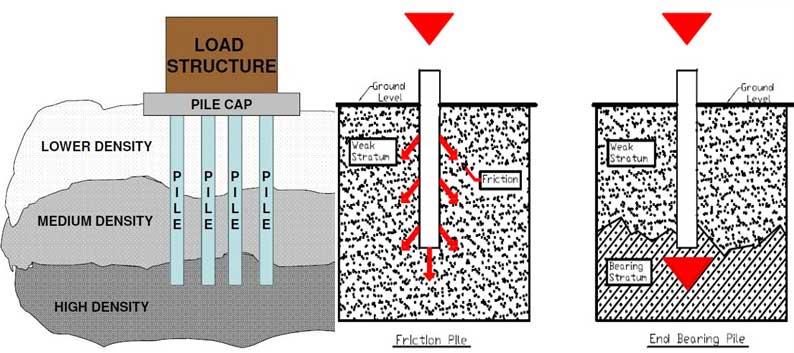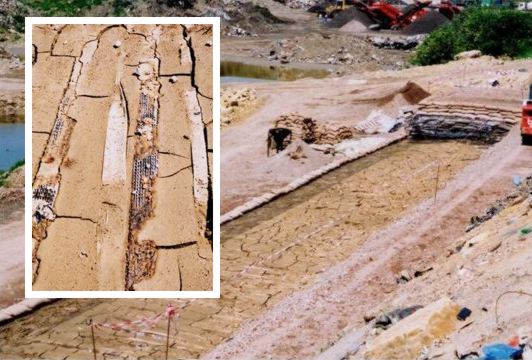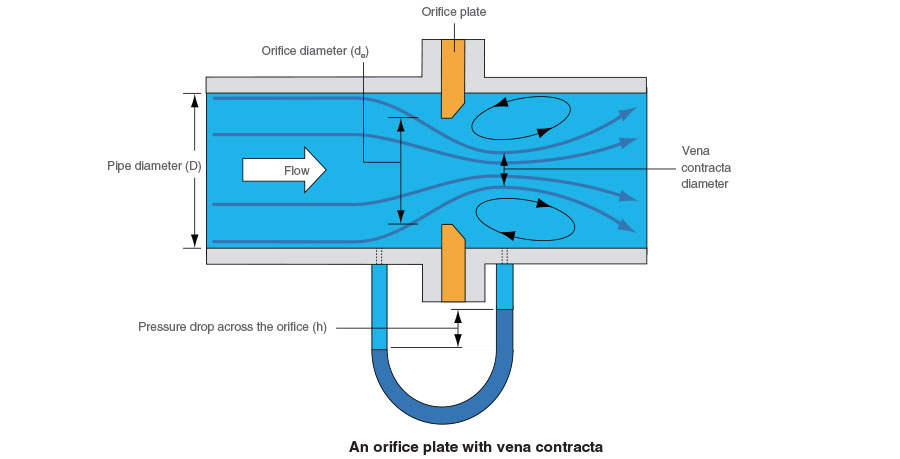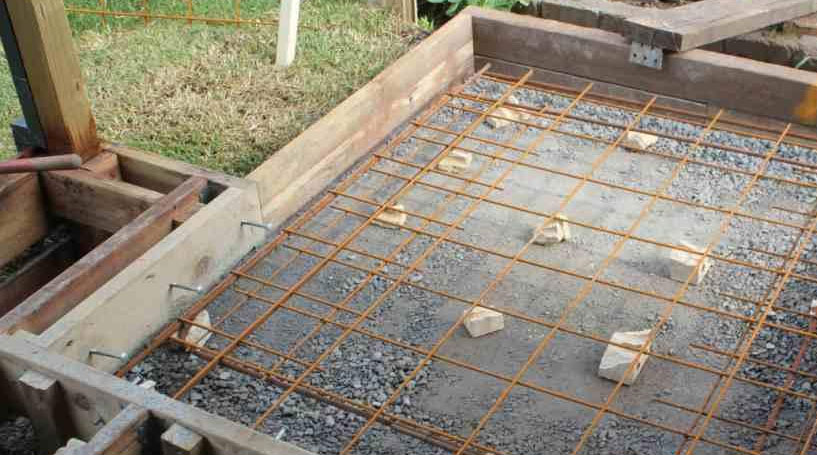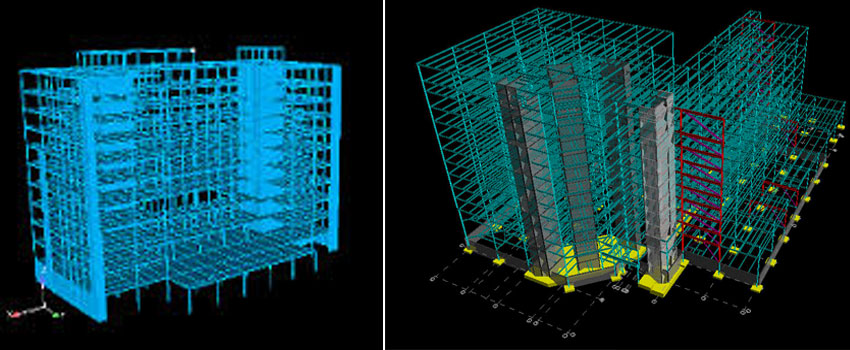What is Civil Engineering?
Civil engineering is a discipline of professional engineering which mainly relates and deals with the configuration and design, building of those structures, and upkeep the sustainability of the physical as well as the naturally formed structures comprising the likes of roads, bridges, buildings, canals and dams. Civil engineering is conventionally categorized into a variety of sub-disciplines. It […]
Read More →

